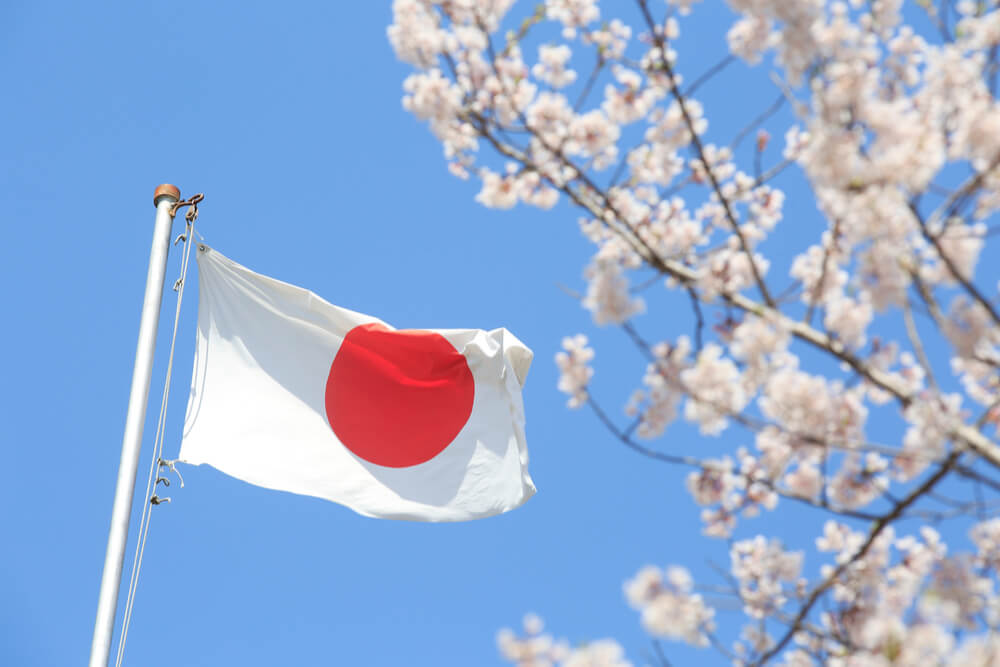Japan is a country that takes cryptocurrency very seriously, and its latest string of regulatory moves is proof of that.
Japan Takes No Guff from Crypto Exchanges
Recently, the country’s Financial Services Agency (FSA) raided two cryptocurrency exchanges to investigate their operations following switches in management. Among the factors examined for each were their anti-money laundering (AML) and customer protection tactics. The organization has been working hard since January 2018 to ensure cryptocurrency investing is safe for all involved.
The FSA got involved in cryptocurrency exchanges that year following the Coincheck hack. Widely considered the largest cryptocurrency exchange theft in the history of the space, Coincheck ultimately saw over $500 million in crypto funds stolen overnight thanks, in part, to its lagging hot wallet storage procedures.
Japan was still recuperating from the 2014 hack on Mt. Gox. That attack resulted in over $400 milliion in cryptocurrency funds disappearing, many of which have still not been recovered. Now home to two of the world’s largest and most notorious crypto thefts, Japan decided enough was enough, and requested the FSA become involved in the space.
It wasn’t long before several crypto organizations and exchanges began receiving threatening letters from the FSA telling them to shape up or ship out when it came to enhancing security tactics and customer protection protocols.
The two exchanges examined by the FSA as of late include Huobi Japan and Fisco Cryptocurrency Exchange Inc. At press time, both organizations have been barred from speaking to media outlets about the event.
The FSA claimed in a statement that it was working to ensure both companies were legally compliant with current regulations following the changes in management.
Huobi Japan came about in 2018 after the Singapore-based Huobi Group garnered Bit Trade, a government-registered crypto exchange. Fisco, on the other hand, is owned by the JASDAQ-listed Fisco Ltd, a financial information provider. That company had taken over another government-registered exchange known as Zaif, which was originally owned by Tech Bureau. Zaif suffered a cryptocurrency theft that resulted in over $60 million in total losses.
Has Japan Set the Regulatory Standard?
Japan is the first major country to regulate cryptocurrency “at a national level,” beginning this streak in late 2017. The country swears that it is not looking to limit technological innovation but is instead trying to ensure all customers remain safe while trading. Thus, all exchanges are required to register with the FSA before they can conduct business within Japan’s borders.
The country is now slated to lead the upcoming G20 Summit this year, which is slated to take place on June 28 and 29. Regulators will share their upcoming crypto legislation with the finance ministers and central bank governors at the event to potentially educate further nations regarding how crypto should be monitored.



